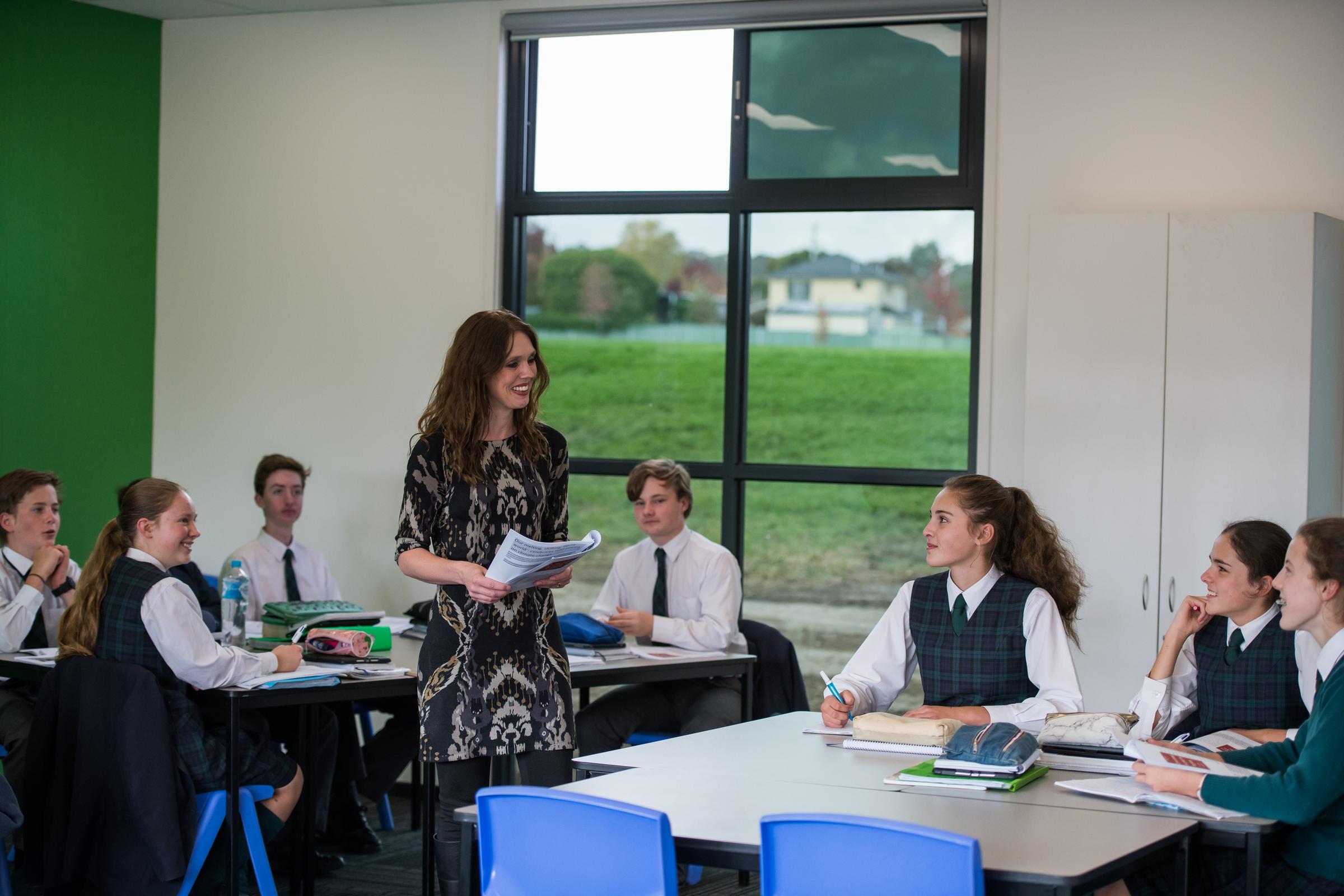Message from the Head of Teaching and Learning

Let us Measure all that is Meaningful
What do we want for our kids today? On the surface, this seems like the simplest and most straight forward of questions. We want them to be happy and successful. Of course we do. So what does ‘happy’ and ‘successful’ look like? Well, this is an unfair question because it is far less simple and straight forward. How might we define the qualities of ‘happiness’ and ‘success’? The two are very subjective and abstract. It is different for different people. Similarly, measures of success take a huge array of forms. Of course, as teachers and parents, regardless of the woolly definitions, we seek to ensure that we create an environment in which ‘happiness’ and ‘success’ thrive. My point is this. Just because something is difficult to measure and define, does not mean that we should not do everything in our power to nurture it.
Schools aim to provide students with a ‘holistic’ education. We wish to develop the academic, social, emotional, physical and spiritual growth of our students because all of these things come together to contribute to ‘happiness’ and ‘success’. It is very easy to collect data on academic performance and assessments. It is less straight forward to collect data on our students’ stories; their passions; their interests and goals. But it is absolutely crucial that we do.
American author, Herman Cain said: ‘Success is not the key to happiness. Happiness is the key to success. If you love what you are doing, you will be successful.’ So if we want to ensure our students are successful (whatever that might look like), we must first ensure that they are ‘happy’. If they are ‘happy’ they are already predisposed to learn. Students know that there is a significant difference between a teacher who teaches the curriculum and a teacher who teaches the student. However subtle the difference, the effect is monumental.
‘Student Voice’ is an important tool for happiness and satisfaction. There are lots of opportunities for Student Voice across the School. The SRC has been one way in which we have been able to provide inclusive student leadership opportunities within the school, supporting students’ active citizenship. The opportunities offered through TREE are also a great way of valuing and engaging student voice, allowing active and meaningful contribution to the school and the community. The Indigenous Cultural Immersion Program in Arnhem Land provided opportunities for student participation in celebrating difference and diversity; respecting identity and cultural background. The whole school community benefits when students work together with the staff and the wider community, on issues they choose and value.
Student Voice inspires and empowers students to take charge of their own learning. So, in seeking to value and engage student voice within teaching and learning - involving students in conversations about what and how they learn best - we will certainly be well on the way to nurturing those qualities which are so notoriously difficult to define.
One of the most powerful tools available to influence academic achievement and classroom dynamics is making students feel that they have a stake in their learning. [1]
Student Voice really takes off when teachers and students engage in meaningful dialogue about teaching and learning – about what happens inside of the classroom. In short, if we are to truly teach our students, we must be willing to learn from them.
Therefore, one of the Teaching and Learning Initiatives this term is to organise Student Consultation Meetings with representative groups of students across all Year groups to gather valuable data and ascertain exactly what it is our students believe to be most important in their learning experiences - What makes them happy in the learning environment and how they measure their own ‘success’.
While listening to Student Voice is important, research shows that the benefits for students do not come from just hearing and sharing their own voices; it is more about how other people (teachers and parents and other students) respond to the Student Voice and work with students to make ideas come to life. The Student Consultation Meetings will generate data on genuine and authentic ‘voice’ where teachers ask students for their opinions and listen – really listen – to what the students have to say and incorporate what we learn into our classroom teaching. When students believe they are being heard and influencing decisions, the school becomes more relevant to students’ lives and is more likely to be seen as serving their needs.
Additionally, this term, I will be catching up with more students at recess and lunchtimes on a less formal basis to engage with them about how they can take control of their own learning. We should encourage our students to view both happiness and success as a journey rather than a destination – we will gladly come along for the ride but they must be the drivers!
[1] Ainee Shehzad Salim - https://tribune.com.pk/story/958685/the-importance-of-giving-students-a-voice/
Serena Lewis
Head of Teaching and Learning
